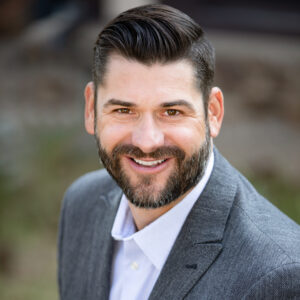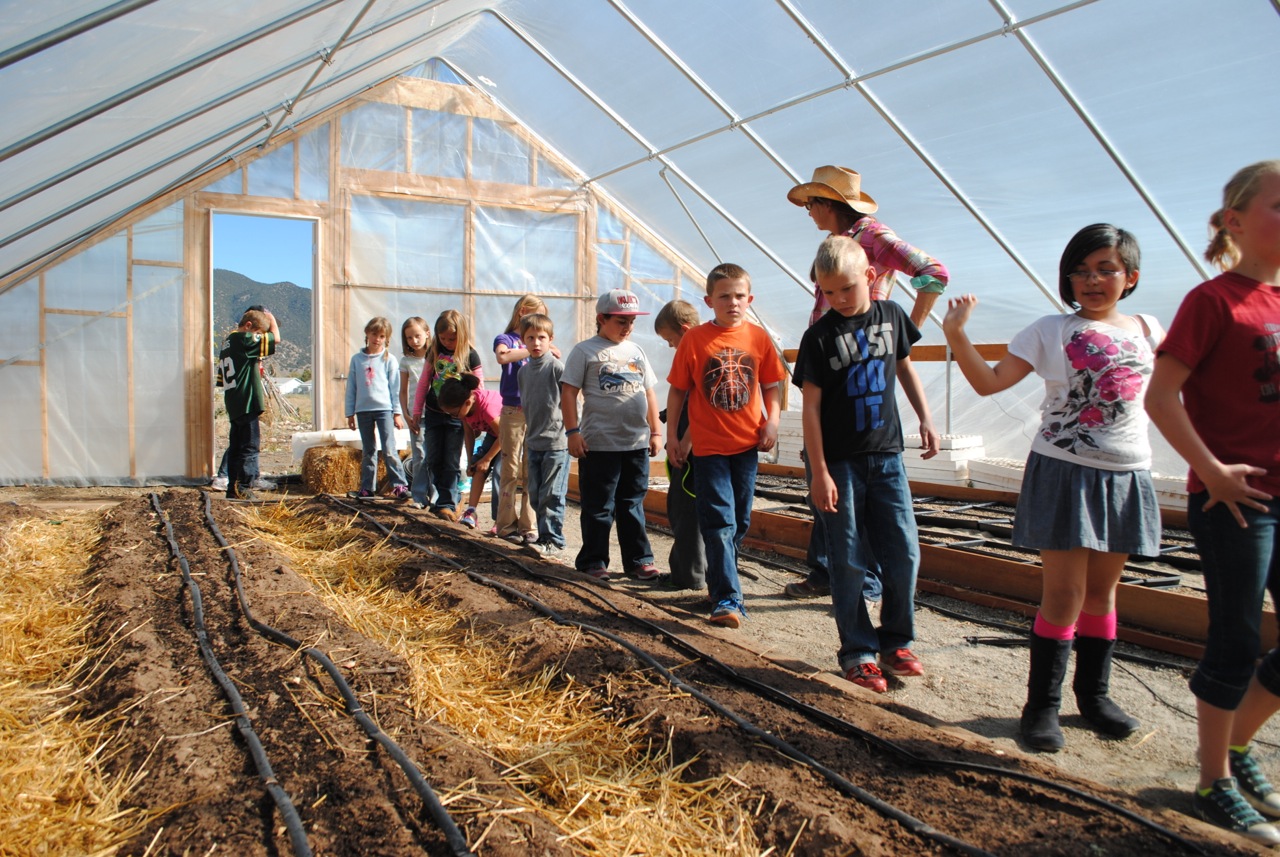Salida School District: A Model of Excellence
Salida School District serves 1,100 students in a small, rural district in a bucolic mountain setting. At first glance it might not seem the most likely place to become a hotbed of educational innovation. But in many ways that is exactly where Salida finds itself these days.
Over the past several years, the district’s programmatic changes, its deep commitment to accountability and high standards, and its ties to the community and area businesses have created a model other districts might want to look to for inspiration.
The underlying premise that drives Salida’s success is responsiveness, said David Blackburn, the district’s incoming superintendent (as of July 1) who has been Salida’s director of academic affairs for the past four years. “We keep working with the community. When they ask for something, we respond,” Blackburn told the Colorado State Senate’s Education Committee during an April presentation on the reasons behind the district’s successes. He was joined by Wendell Pryor, director of the Chaffee County Economic Development Corporation.
Indeed, Salida’s philosophy of responsiveness has led, in the past few years, to a number of innovations including:
- An elective course launching next year that teaches students how to pilot drones. The drone industry has a growing presence in Chaffee County. The problem is “we don’t have pilots,” Blackburn said.
- A district garden system, planted and tended by students, which supplies 5,000 pounds of fresh produce annually to the district’s lunchrooms. Next up is a full-blown, 3.5-acre farm, and a full-time farmer who will go on the district payroll in the near future.
- A building trades program, launched in January 2015, has students working with local small contractors to build affordable housing for the local teaching staff in this increasingly expensive school district. Students gain marketable skills while producing a vital resource for both the district and the greater community.
Breaking From “Solidly in the Middle”
Things haven’t always been this rosy. A decade ago, Salida schools weren’t thriving. They were “solidly in the middle” of the pack statewide, Blackburn said, and weren’t a strong selling point to lure new businesses and residents to the area.
Today, the district is widely recognized as one of the most improved in the state. Blackburn and Pryor credit an entrepreneurial spirit and flexibility among district officials and the business community alike for helping turn things around.
The turnaround has meant that the district must no longer beat the bushes to find teachers, as many rural districts must do. Blackburn said the schools and Salida itself have such strong reputations that he has his pick among “the best and the brightest” who want to relocate to the town to teach.
None of this would have been possible, though, without a thriving school system that opened itself to involvement from the broader Salida community. And that only happened after the district went through an intensive self-reckoning.
“It started with the leadership piece about eight years ago, and I can say that because I wasn’t here yet,” Blackburn said. School board members, aware that the district was underperforming and not meeting community needs drove an honest, at times painful self-examination that led to major changes.
Compliance vs. True Accountability
One conclusion reached during the self-examination process was that being a “compliant” school district wasn’t getting the schools where they needed to go. They needed to go to the next level, which meant becoming truly accountable, in both the state policy sense – by boosting student performance and teacher quality – and to the Salida community’s wants and needs.
Salida became the first district in the state to pilot Senate Bill-10 191, Colorado’s landmark teacher effectiveness law. Piloting the law sent a message to the school system and community that Salida was serious about accountability, not just for teachers but for the system as a whole.
“Piloting was exhausting, but it drove conversations about ‘what is quality for us?’” Blackburn said. “We know the most important thing is the quality of the teacher in the classroom. Everything else is just a song and dance.”
The accountability fervor has spread. In 2015 almost every student in the district took the state assessment, despite a wave of opt-outs that hit many other districts hard. “It wasn’t about the test for us,” Blackburn said. “Our kids have a culture where they try their hardest and so…we worked hard with the parents to protect that culture of kids who try hard.” And that meant no opt-outs.
It also means fully embracing Colorado’s new, higher academic standards, which are seen as a valuable opportunity and tool for identifying where to focus. The community as a whole has high expectations, so it is only fitting that its students are challenged and expected to rise to the occasion.
Key to moving from “solidly in the middle” to an exemplary district has been a laser focus on data. Under Blackburn’s leadership the district has invested heavily in data quality to drive continuous improvement. This includes the creation of a data team to zero in on this and ensure that the programmatic changes the school has invested so heavily in are delivering the best return on investment for students and the community.
Two Sides of the Same Coin
Over the past several years, as the district became truly accountable and improved its performance, it gained breathing room from state accountability systems. This freed it up to innovate more and begin to offer its unique and exciting programs, such as the drone course and district garden.
“These things have a way of taking on a life of their own,” Pryor said. “One thing leads to another leads to another.”
Blackburn sums up the Salida philosophy this way:
“We believe that the government can produce regulations, but only a conversation with someone who is locally engaged can generate accountability. We comply with regulations, but that is not the same thing as expectations. Only a local community can generate expectations around excellence. In our community excellence is not an option.
“The real conversation is that we are not evaluating our success by test scores alone. They are one initial indicator of success, but they do not meet the community’s expectations around excellence. Thus, all of the other partnerships and projects like the new housing development have arisen.”
In other words, autonomy and accountability are two sides of the same coin, and the way to improve accountability is to provide smart accountability. With smart accountability, autonomy can ultimately prevail, leading to increased local innovation that generates best practices. At Colorado Succeeds, we work to shine a bright light on those best practices, giving other schools and districts a road map for replication so more kids can have access to them. Visit our blog to see more examples of success across our state.

